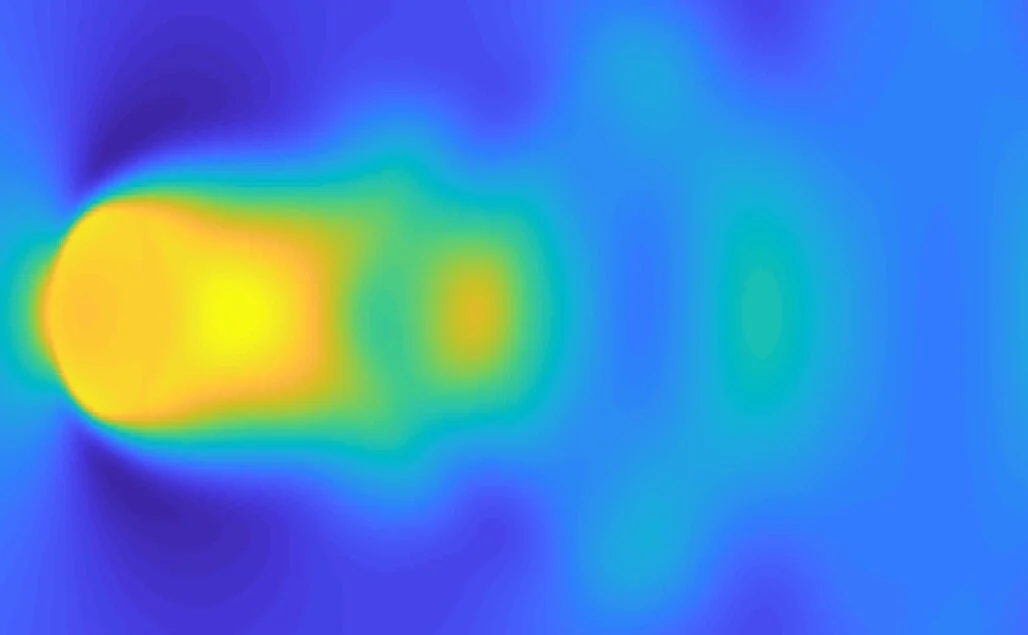DYNAMIC MODE DECOMPOSITION AND NONLINEAR SYSTEM IDENTIFICATION
This is the main thrust of the Learning DOCK research group. We leverage a combination of operator theory and reproducing kernel Hilbert spaces to analyze discrete and continuous time dynamics, to approximate the dynamics themselves, and to build models for a system based on observed trajectories.
System Identification
Occupation Kernels and Densely Defined Liouville Operators for System Identification
Joel A. Rosenfeld, Benjamin Russo, Rushikesh Kamalapurkar, Taylor T. Johnson
Proceedings of Conference on Decision and Control 2019
The Occupation Kernel Method for Nonlinear System Identification
Joel A. Rosenfeld, Benjamin Russo, Rushikesh Kamalapurkar, Taylor T. Johnson
(Under Review)
Fractional Order System Identification with Occupation KernelRegression
Xiuying Li, Joel A. Rosenfeld
(Under Review)
Dynamic Mode Decomposition
Dynamic Mode Decomposition for Continuous Time Systems with the Liouville Operator
Joel A. Rosenfeld, Rushikesh Kamalapurkar, L. Forest Gruss, Taylor T. Johnson
(Under Review)
Dynamic Mode Decomposition with Control Liouville Operators
Joel A. Rosenfeld and Rushikesh Kamalapurkar
(Accepted to MTNS 2021)
On Occupation Kernels, Liouville Operators, and Dynamic Mode Decomposition
Joel A. Rosenfeld, Rushikesh Kamalapurkar, L. Forest Gruss, Taylor T. Johnson
(Under Review)
Theoretical Foundations for Higher Order Dynamic Mode Decompositions
Joel A. Rosenfeld, Rushikesh Kamalapurkar, Benjamin P. Russo
(Under Review)
Motion Tomography
Motion Tomography via Occupation Kernels
Benjamin P. Russo, Rushikesh Kamalapurkar, Dongsik Chang, Joel A. Rosenfeld
(Under Review)





